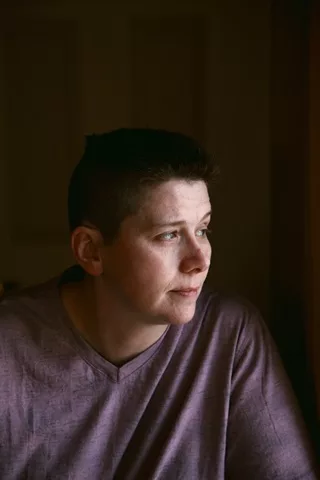Background
Body dysmorphic disorder (BDD) is a severe and undertreated condition. Although cognitive-behavioral therapy (CBT) is the first-line psychosocial treatment for this common disorder, how the intervention works is insufficiently understood. Specific pathways have been hypothesized, but only one small study has examined the precise nature of treatment effects of CBT, and no prior study has examined the effects of supportive psychotherapy (SPT).
Methods
This study re-examined a large trial (n = 120) comparing CBT to SPT for BDD. Network intervention analyses were used to explore symptom-level data across time. We computed mixed graphical models at multiple time points to examine relative differences in direct and indirect effects of the two interventions.
Results
In the resulting networks, CBT and SPT appeared to differentially target certain symptoms. The largest differences included CBT increasing efforts to disengage from and restructure unhelpful thoughts and resist BDD rituals, while SPT was directly related to improvement in BDD-related insight. Additionally, the time course of differences aligned with the intended targets of CBT; cognitive effects emerged first and behavioral effects second, paralleling cognitive restructuring in earlier sessions and the emphasis on exposure and ritual prevention in later sessions. Differences in favor of CBT were most consistent for behavioral targets.
Conclusions
CBT and SPT primarily affected different symptoms. To improve patient care, the field needs a better understanding of how and when BDD treatments and treatment components succeed. Considering patient experiences at the symptom level and over time can aid in refining or reorganizing treatments to better fit patient needs.





